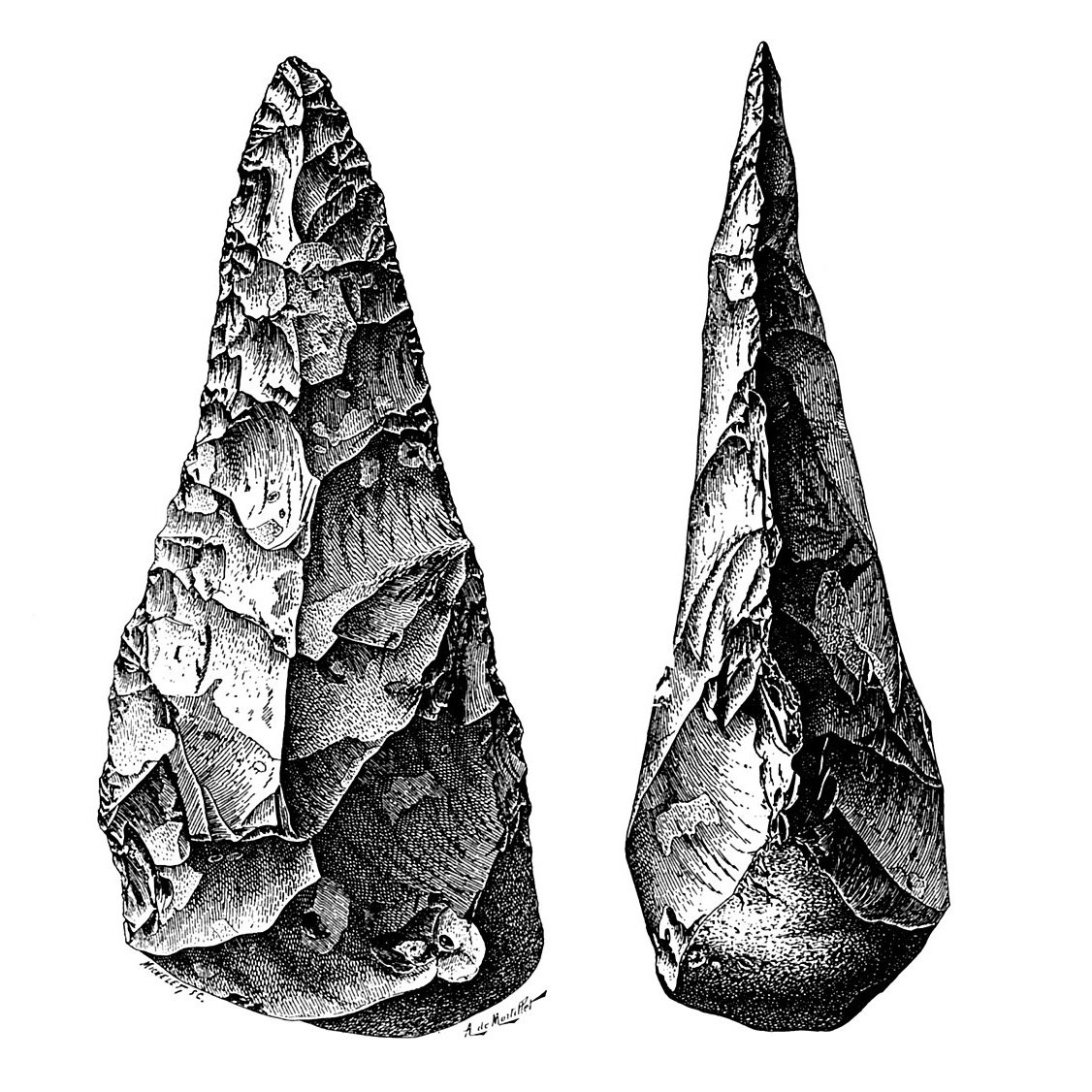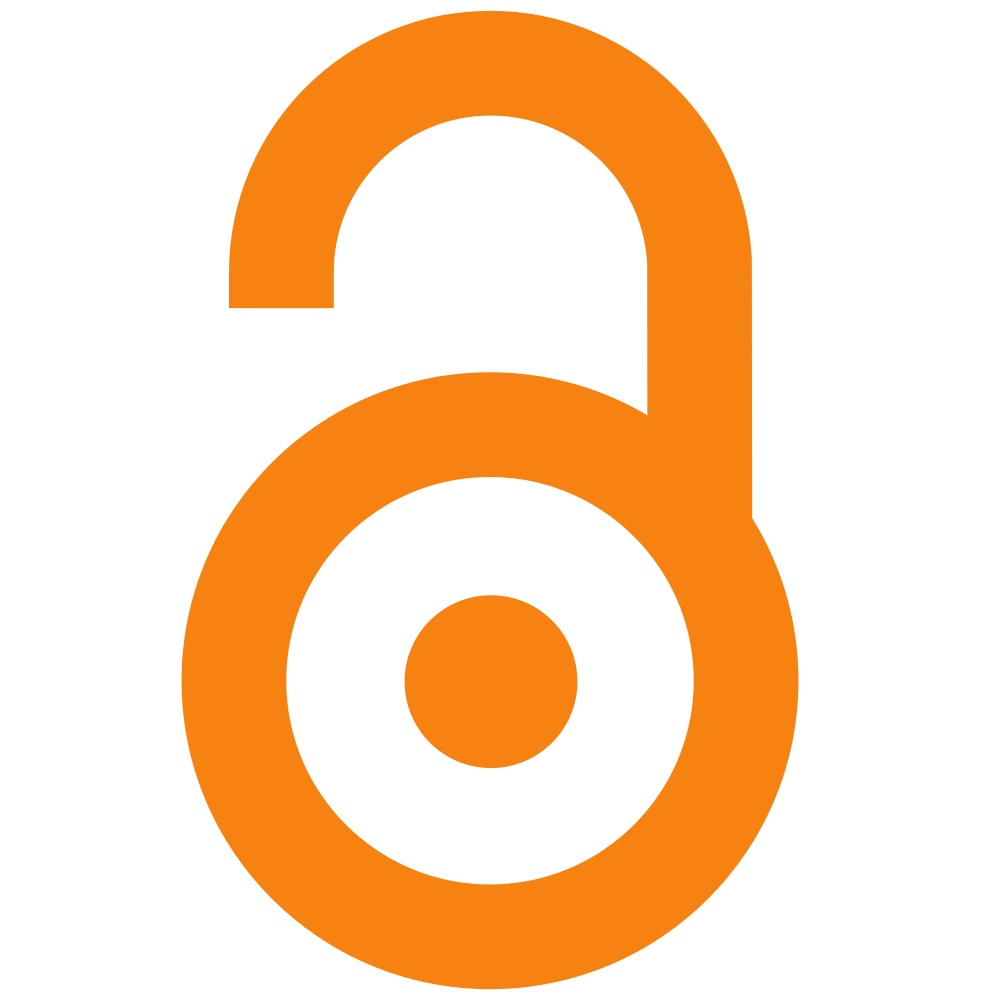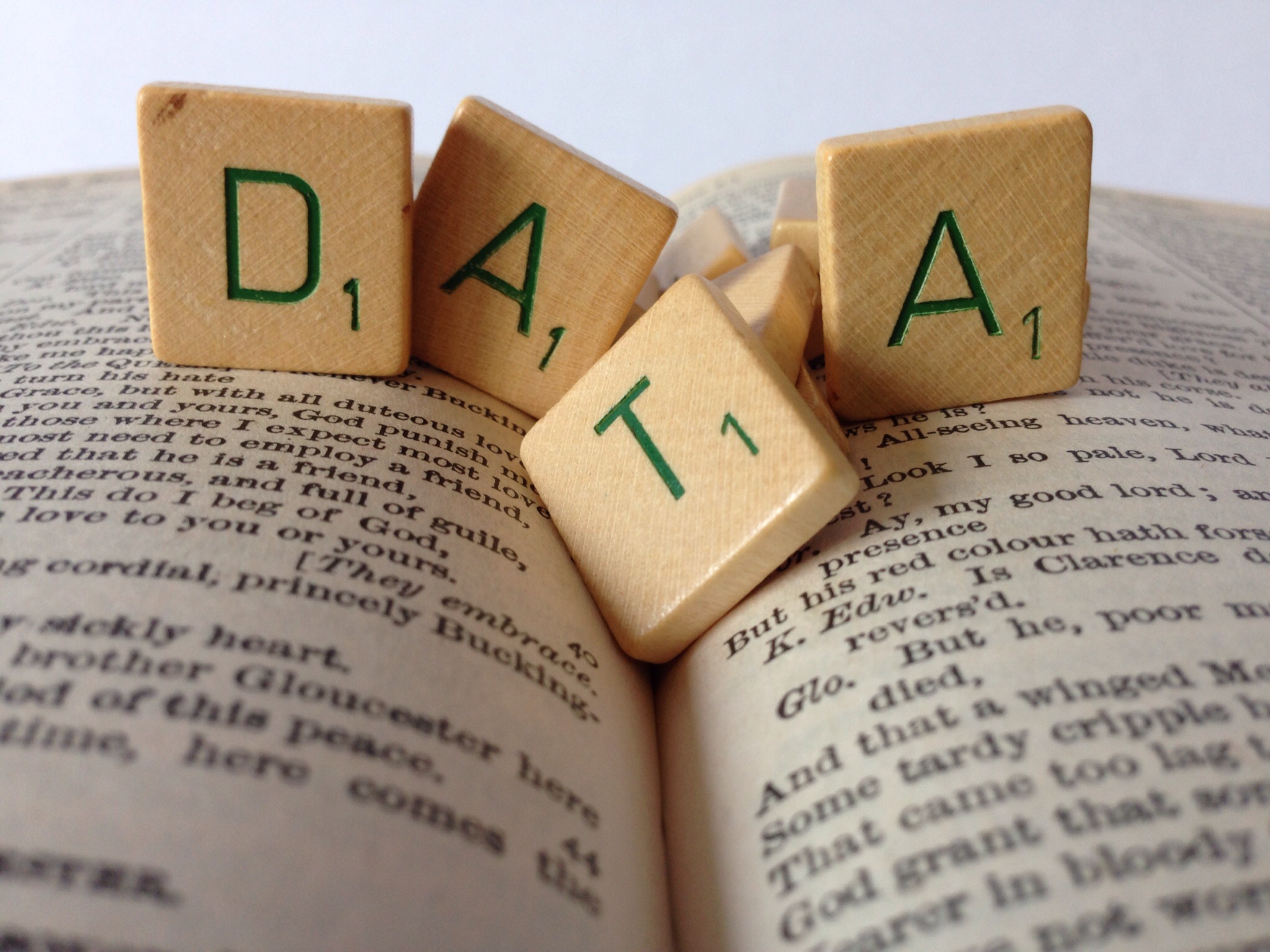Open Access & Open Data
Ces articles traitent des question de diffusion en Open Access des publications et des données de la recherche.

Do you love your data? Gift them with a data management plan!
FAQ - everything you need to know about data management plans

Legal deposit and dissemination of your dissertation
The École des Ponts ParisTech takes charge of the legal deposit of your dissertation. Here is what you need to know.

Open Access
Everything you need to know about Open Access! Principles, objectives and legal aspects.

Open access
The issues, legal aspects and solutions for opening access to publications.
Open access rate for École nationale des ponts et chaussées
This open access rate was assessed at the beginning of 2025 based on the corpus of articles published by researchers from the school's research units in 2023.

Publish & read agreements
How do you publish with immediate open access at Elsevier, Wiley and Springer?

Research Data - 1. Introduction
The purpose of this page is to make you aware of the issues at stake in Open Science and to present you with the best practices for managing and valuing research data, as we have been doing for many years in favour of open access to your publications.

Research Data - 2. Legal Background
This page presents the legal context governing the sharing of research data: ownership, rights and dissemination obligations, licenses to be applied...

Research Data - 3. Technical Questions
This page sets out the methods for managing and sharing research data and computer code, from the start of the project with a description of how data will be handled, to the end with the choice of repositories.

Research Integrity
Definitions and practical information for honest research at the École des Ponts.


